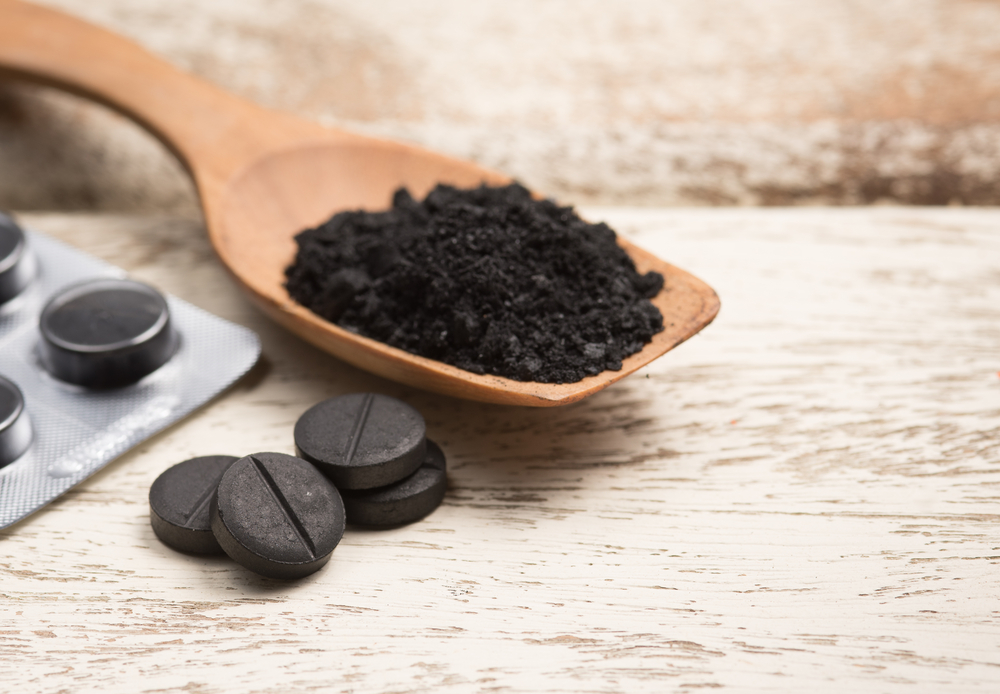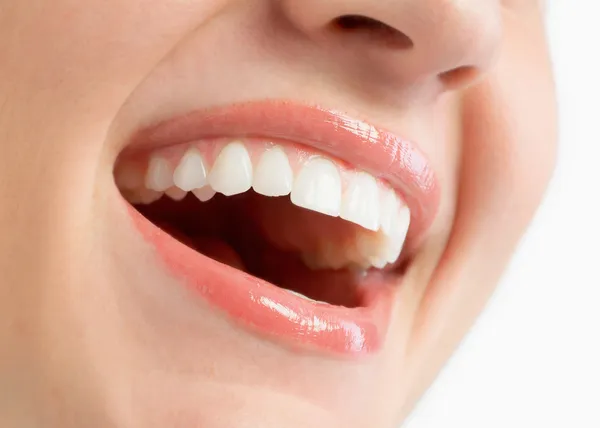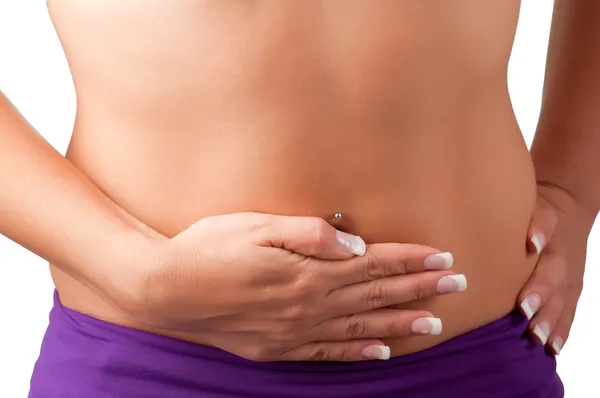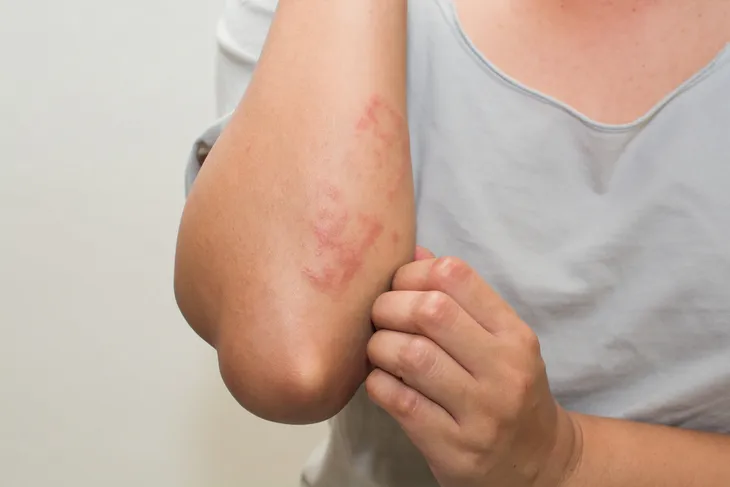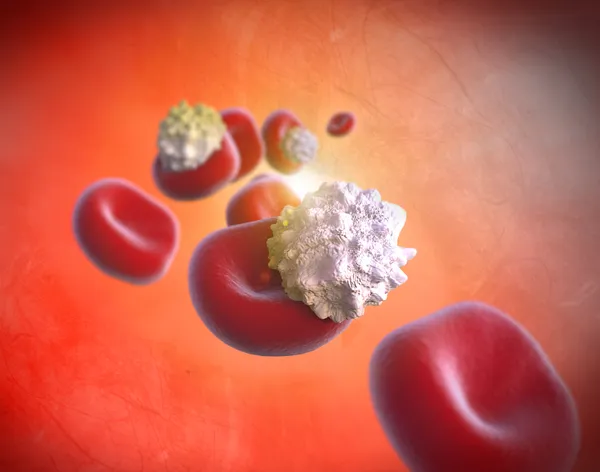Activated charcoal has gained tremendous popularity of late for its wide variety of applications that help to rid the body of toxins. It is not a naturally occurring substance, but rather is made from sources such as coal, wood or coconut shells and becomes “activated” through a heating process.
Activated charcoal traps unwanted chemicals in its tiny pores by a process called adsorption, defined as “the chemical reaction where elements bind to a surface,” where positively charged toxins attach themselves to the negative charge of activated charcoal. Curious about what exactly it’s used for? Here are the seven most common applications.
1. Whitening Teeth
Using activated charcoal offers many oral hygiene benefits, including the prevention of cavities, bad breath and gum disease. It is also highly effective for whitening teeth, as it absorbs plaque and stain-causing deposits.
To get bright pearly whites, simply mix a small amount of activated charcoal (approximately 1-2 emptied capsules) with water until it forms a thick paste, then brush or apply directly onto the teeth. Wait three minutes and then rinse. While a special toothbrush is not necessary for this treatment, the charcoal will likely cause discoloration of the bristles, so it may be worth keeping a special one just for this purpose.
2. Relieving Gas and Bloating
Activated charcoal’s ability to bind gas-causing food byproducts within the digestive system makes it an effective treatment for indigestion, acid reflux and bloat. In fact, a study published in the American Journal of Gastroenterology found that activated charcoal significantly reduced symptoms of bloating and abdominal cramps caused by gas after eating.
To aid with this discomfort, activated charcoal can be taken in pill, liquid or powder form. To prevent depletion of valuable vitamins and minerals, Best Health magazine says that it should be taken between meals when the stomach is emptier.
3. Treating Poisoning from Alcohol or Other Toxins
The powder form of activated charcoal, when mixed with a non-acidic liquid, can be beneficial for treating poisonings caused by substances like alcohol, iron tablets, cyanide and lithium. The negative charge of activated charcoal acts like a magnet, to which the positive charge of toxins will become bound.
Some studies have found that when consumed at the same time as alcohol, activated charcoal can significantly reduce blood alcohol concentrations—helping to prevent hangovers. More conclusive research is needed, however.
4. Treating Acne
Activated charcoal can also be used to treat skin ailments such as acne, as it binds with dirt and other environmental toxins that cause the irritation. Best Health magazine recommends mixing a teaspoon of powdered activated charcoal with warm water until it forms a paste. Then add a teaspoon of honey or aloe vera and apply a thin later onto the skin. Leave for up to 10 minutes and then rinse off.
As it is a deep cleanser, activated charcoal should not be used as part of a daily regimen. The source also warns that it should not be used on dry skin, as it can cause further dehydration.
5. Relieving Bites and Rashes
Other external applications for activated charcoal include using it to treat bites from mosquitos, bees, spiders or snakes, as well as rashes caused by poison ivy or poison oak, as its adsorption properties help to draw the toxins out of the body.
For bites specifically, mix one capsule of activated charcoal with ½ tablespoon of coconut oil, apply to the affected area and cover with a cloth bandage to prevent staining on the clothes. This treatment should be reapplied every 30 minutes until the itching subsides.
6. Reducing High Cholesterol
Although further research on this application needs to be conducted, activated charcoal may help to lower levels of bad cholesterol (known as low-density lipoproteins or LDL). According to the University of Michigan, this is because “activated charcoal has the ability to attach (adsorb) cholesterol and bile acids present in the intestine, preventing their absorption.”
One study found that when patients with high cholesterol took eight-gram doses of activated charcoal three times a day for four weeks, their total cholesterol decreased by 25 percent and LDL cholesterol was reduced by 41 percent. High-density lipoproteins (HDL), or ‘good’ cholesterol, on the other hand, increased by 8 percent.
7. Cleansing the Digestive System
It’s important to routinely cleanse the digestive tract of toxins caused by environmental factors like the chemicals in drinking water and pesticides on food, which can cause allergies or compromise the immune system.
Due to its adsorption power, activated charcoal is very effective for this purpose. To cleanse, take 10 grams of activated charcoal 90 minutes before each meal for two days.
